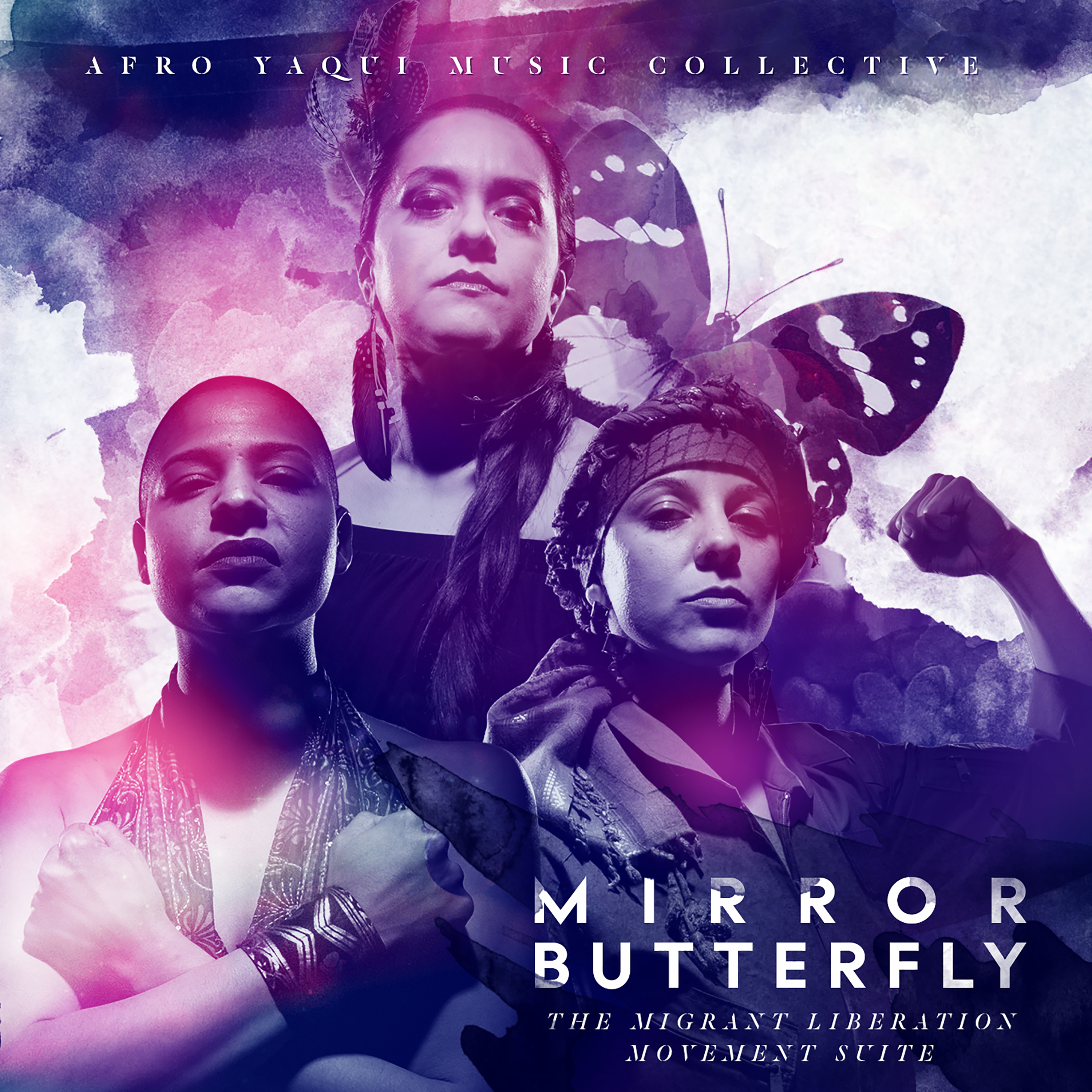Guest Reviewer: John Pietaro
Composer: Benjamin Barson, Librettist: Ruth Margraff (Nejma Nefertiti, tracks 7-8)
From its opening notes, US composer-baritone saxophonist Ben Barson’s suite for this “epic jazz
opera” speaks of the revolutionary politics from which it is derived. With a firm grasp on the canon
of liberation music before him, Barson (a student of and collaborator with the late Fred Ho) has
crafted a work for these times, but one deserving of a lifespan well beyond the reach of
Trumpian politics. Here’s a work that never sacrifices art for statement, so rich is it in
composition, voicings, arrangement, improvisation and the sheer talent of the principals.
Ruth Margraff’s libretto is based on the Mayan parable of a sword which is symbolic of the
people’s resistance over centuries. The tale has survived through teachings of the Zapatistas as
told by women warriors, thus rife with events current and historic by way of Mexican culture,
ancient and contemporary. Add to this, the voices of African and Middle Eastern activists,
and Mirror Butterfly is truly internationalist in scope. Barson’s music, too, brings together a
world of divergent sounds, seamlessly casting something even beyond what Fred Ho referred to as
Afro-Asian music. Jazz, particularly of the Free variety, is ever present, but scored with an
orchestral vision informed by the far reaches of Mingus and Gil Evans. Mixing three outstanding
lead vocalists, two voice actors, a four-part chorus, four saxophones (including Barson’s) with
one doubling on either bass or alto clarinet, a string quartet that unites the Chinese Pipa lute and
ancient Kazakh bowed Kobyz with violin and cello. These instruments are most apparent within
the strains of “The Four-Mirrored Butterfly,” an almost hypnotic work culminating in a behind-
the-beat waltz with the soaring operatic voice (at points more Brecht/Weill opera) of Gizelxanath
Rodriguez and a riveting obbligato on baritone sax. Rodriguez really comes to the fore on “Sisters
Unite” which bridges spoken word to several voice stylings.
The rhythm section is just as varied: two keyboard players, an electric bassist, guitarist, electronics
player and three percussionists who command a phalanx of drums and percussion instruments
from around the world. The latter are put to great effect on “the Workers March,” wherein
vocalist Nejma Nefertiti adds very strong, effective hip hop. She is featured on “Stoneflower
Requiem,” with revolutionary lyrics over funk rhythms and Bernard Grobman’s sinewy electric
guitar, reminiscent of Pete Cosey’s noted work. Bassist Beni Rossman, too, adds a simmering
fire to every back beat.
Overall, the suite is artful, gripping, relevant, highly listenable and surely indicative of a
composer and librettist whose work must be widely heard. The full opera was staged in
Pittsburgh recently and will see its New York City premiere this autumn.

